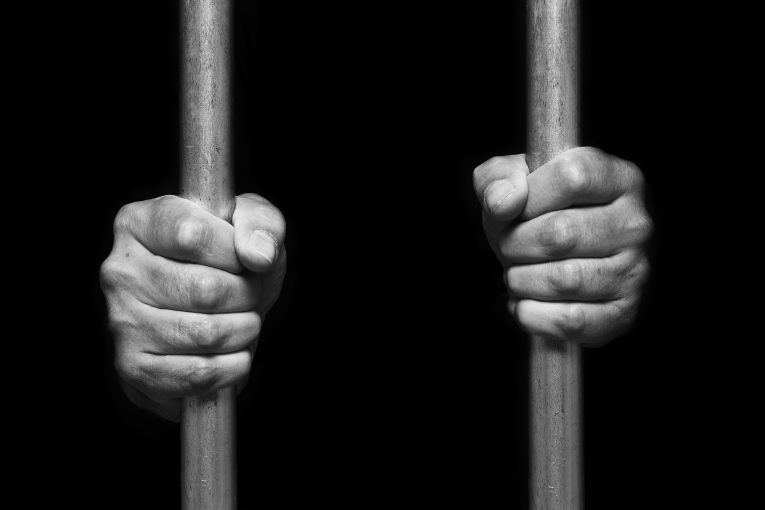

It doesn’t have to mean a life without purpose.
By Timothy Johnson
Although I am surrounded by people to the point of suffocating, I feel utterly alone. I have a debilitating disease that controls and consumes every fiber of my body, every aspect of my life. Some days are better than others, but still the disease progresses, decaying my physical and mental faculties.
My body has become both imprisoned and a prison.
My disease is commonly called “life without parole” (LWOP), but a more accurate label for my condition is “death in prison.”
Over 50,000 people in America struggle with this disease, but I still feel alone. Maybe each person with this disease feels alone, even in a setting that swarms with people.
At the onset, I staggered and stumbled repeatedly. Activities I had performed without effort became struggles: walking became labored, as though my feet were bogged down in quicksand; my breathing strained from the boulder on my chest; my speech slurred; my hands were no longer my own. A consuming state of exhaustion set in.
The short-term prognosis of LWOP promises decline: Chronic health conditions, infectious disease and mental health problems are exceptionally high among incarcerated people. The long-term prognosis promises death.
Initially, I was shocked by the continuing normalcy of the rest of the world. My friends graduated from college, got jobs, married, had children. Yet I knew nothing but my disease. How could everything outside remain the same when, for me, everything had changed? Shouldn’t the world stop, as mine had?
I considered giving up and arrived at a choice: Do I mindlessly shrivel up and await death, or do I make the most of the rest of my life?
I realized dying is not the saddest state of existence. Worse is living without meaning and purpose, without hope and joy, without love and laughter. I chose to exert every effort to live to the fullest under the constraints of my disease.
Before I came to this decision, my life lacked meaning because I strived toward the wrong goals—money and other material things that promised the cool refreshment of a mountain spring but delivered tepid, muddy water.
Later, when I lost the right to care for myself, live at home and manage my own affairs, I saw only losses. When I let the disease strip away my hope, I lost far more than health.
But the looming shadow of dying in prison revealed what truly matters. People matter, relationships matter. Deciding to live each day to the fullest lit an ember of hope that burst into a blazing inferno.
This hope opened my eyes to the many blessings still in my life, like the unwavering love and support of my family. Recognizing this love lit my entire world in a brilliant, dazzling array of colors. By devoting myself to loving others and building relationships, I have found meaning in life and meaning in dying.
I am no longer the person I was when I committed the acts that caused this sentence and this disease. I can still be a productive member of society, contributing in a variety of positive ways. Every day I do the best I can with what I have and where I am.
I choose to live with meaning and purpose, with hope and joy, with love and laughter.
This transformation makes me thankful for my disease.
Timothy Johnson is the assistant editor for Nash News in Nash Correctional Institution, the first prison publication in North Carolina. Originally published by Prison Journalism Project. Prison Journalism Project trains incarcerated writers to become journalists and publishes their stories.





